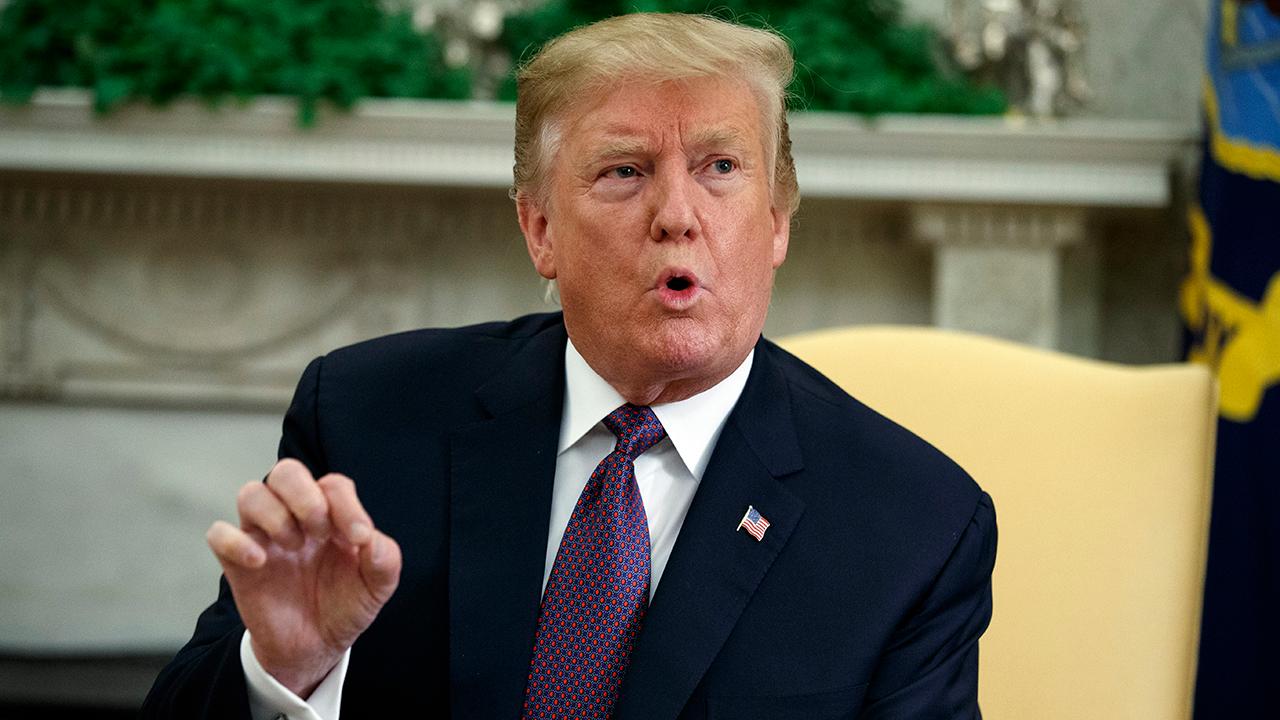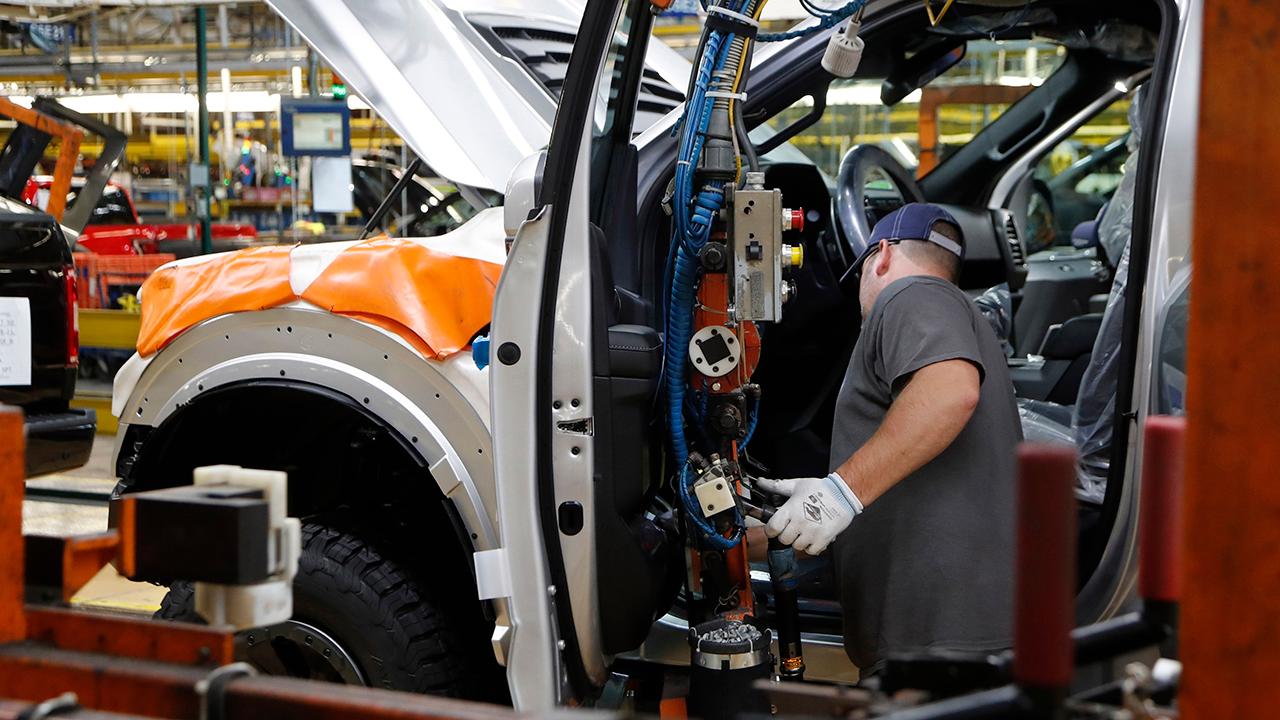Time for bipartisan infrastructure deal
Great nations build and invest in great infrastructure. But America’s crumbling roads and bridges, clogged ports and waterways, congested airports and water supply breakdowns betray the hard work of past generations and undermine our shared commitment to being a nation of growth, progress and opportunity.
It is far past time to bring America’s aging infrastructure system into the 21st century. Republicans and Democrats agree, and it was encouraging to see the first round of bipartisan discussions between President Trump and Democratic congressional leaders last month.
Now is the time for more than talk. We need policymakers to commit today to build for tomorrow. This is the message we both delivered at last week’s Infrastructure Week Southeastern Summit in Houston.
With the White House and members of Congress set to resume infrastructure talks this week our message is clear: The infrastructure choices we make today will shape America’s future. Many of our nation’s roads, bridges, waterways, ports, runways and drinking water and wastewater systems are more than 50 years old.
Living with aging infrastructure is especially challenging for the ever-growing Houston region, which added 1 million people in the last decade and continues to attract new residents dynamically even as it “builds forward,” not just back, from the devastation of Hurricane Harvey.
From strengthening the Port of Houston—the second-largest port in the U.S. by tonnage—to rebuilding the areas still recovering from Harvey, robust infrastructure investment would boost our commerce and community. Houstonians and all other Americans will fail to meet their potential the longer Washington waits to get this done.
American families are estimated to lose $3,400 each year due to delays or other obstacles caused by deficient infrastructure through 2025, and the larger economic effects of a crumbling system could cost more than 5.8 million jobs by 2040.
More than three-quarters of manufacturers say that the nation’s infrastructure is not sufficient to meet their competitive needs, according to the National Association of Manufacturers’ most recent Manufacturers’ Outlook Survey. A solid majority of manufacturers says passage of a major federal infrastructure bill would improve their company’s business plans and outlook. And, according to a recent PricewaterhouseCoopers report, a meaningful infrastructure investment could create 11 million jobs.
Taking the situation head-on, the NAM released Building to Win,” an infrastructure blueprint for lawmakers in Washington. Key recommendations include relieving highway
bottlenecks and repairing America’s crumbling roads and bridges; deepening ports and paying for it by spending the balance in the Harbor Maintenance Trust Fund; upgrading aging locks; enhancing intermodal connections; streamlining regulatory processes to foster the use of next-generation communications infrastructure, such as cutting-edge broadband or 5G technologies; and more.
We agree that these are all important priorities, just as we agree that, if we want our nation to continue growing and reaching for the future, we’ll also need action on other important priorities like enhancing America’s energy independence and encouraging more American exports via passage of the U.S.–Mexico–Canada Agreement.
Infrastructure is one of those rare policy issues that just about every American can relate to, regardless of income, career or political affiliation. Whether you are a commuter forced to spend hours in traffic on a congested freeway or the head of a company that must rely on a supply chain of interconnected roads, bridges, ports and waterways to get goods to market, you get it. You know that the status quo is failing. You understand that the roads, bridges, ports and waterways that connect us are the arteries of a nation that keep our economy pumping strong. And you, like us, are ready for lawmakers to come together to finally get this done.
Sylvester Turner is the Mayor of Houston.
Jay Timmons is the President and CEO of the National Association of Manufacturers.





















